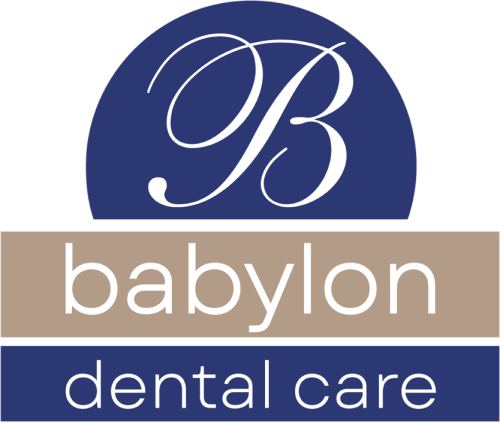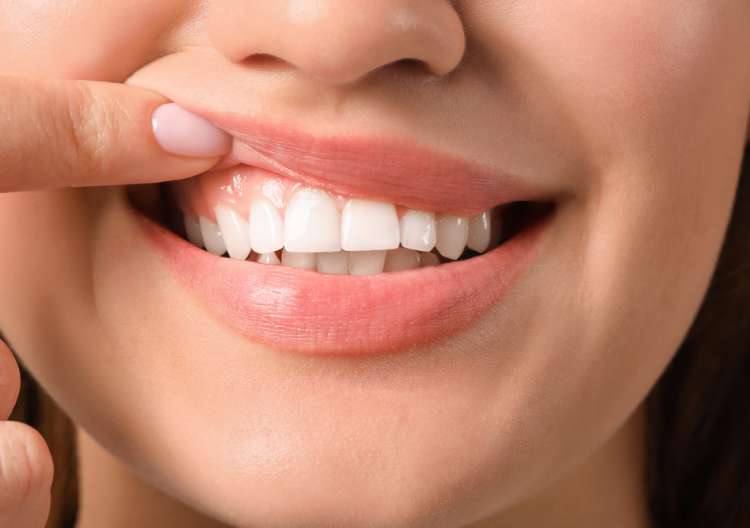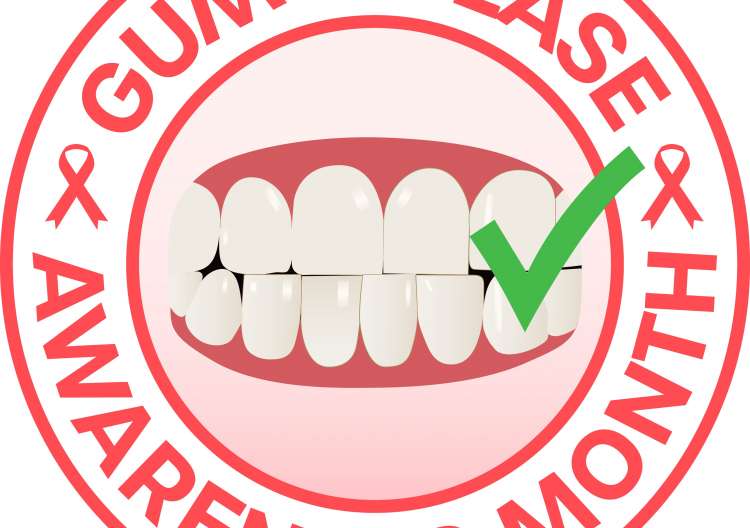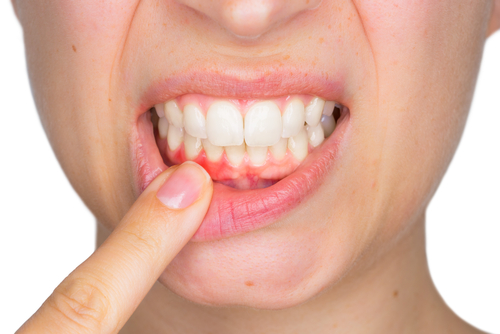Unhealthy gums can quickly lead to gum disease, which can seriously impact your overall health. If you are experiencing symptoms of unhealthy gums, below are treatment options you and your dentist might pursue.
Consequences of Unhealthy Gums
 Some of the symptoms you may experience from gum disease include:
Some of the symptoms you may experience from gum disease include:
- Swollen, painful, or tender gums
- Bad breath
- Receding gum line
- Sensitive teeth
- Shifting or loose teeth
In serious cases, gum disease can also break down the bones that hold your teeth in place.
Home Treatment Options
Steps you can take at home when you first notice symptoms of unhealthy gums include:
- Brushing at least twice a day, but preferably after every meal
- Using an electric toothbrush, opting for soft or extra-soft bristles
- Replacing your toothbrush or toothbrush head every three months
- Flossing daily and following with mouthwash
- Avoiding chewing tobacco or cigarettes
- Limiting the number of sugary drinks and foods you consume
- Going to the dentist at least once a year, but ideally having cleanings done at least twice a year
Non-Surgical Treatments
If gum disease is caught early enough, various non-surgical treatments for unhealthy gums include:
- Dental Cleanings – During regular dental checkups, the dentist or dental hygienist will remove plaque and tartar from tooth surfaces. If necessary, your dentist may recommend that you undergo more frequent dental cleanings or may perform a more in-depth cleaning.
- Scaling – Scaling is a deep cleaning technique usually performed under anesthesia. Hardened plaque and tartar are scraped away from the tooth surface both above and below the gum line.
- Root Planing – Another type of deep cleaning performed under anesthesia, root planing involves smoothing out any rough spots on the tooth root to remove bacteria and give a clean surface for gums to reattach to teeth.
Medications
 In addition to non-surgical treatments and cleaning, dentists may also recommend or use medication to help treat unhealthy gums. These options include:
In addition to non-surgical treatments and cleaning, dentists may also recommend or use medication to help treat unhealthy gums. These options include:
- Antibiotics – Antibiotic medications can reduce and kill bacteria that cause gum disease that destroy the tooth’s attachment to the bone.
- Toothpaste – Dentists may also recommend that patients begin using non-prescription toothpaste that goes by the generic name triclosan. This type of toothpaste contains both fluoride and an antibiotic.
- Chips – If necessary, after a root planing, dentists may insert a gelatin chip in the pockets between the gums and teeth. These chips slowly release antibiotics over a week or so, further helping to reduce bacteria caught between gums and teeth.
Surgical Options
For more advanced cases of gum disease, a patient may need to undergo dental surgery to help repair damage. Examples of surgical procedures include:
- Flap Surgery/Pocket reduction surgery – In this surgical procedure, a dental surgeon will lift back the gums to remove accumulated tartar. If needed, the surgeon will also perform root planing. The gums are then placed back around the tooth. The goal of the surgery is to reduce the space between gums and teeth where bacteria can grow.
- Gum Grafts – Gum grafts are used to reinforce thin gums or fill tissue back in where gums have receded and exposed the tooth root. The graft tissue is usually taken from the roof of the mouth.
- Bone Grafts – Bone grafts use your own bone fragments, donated bone, or synthetic bone to replace destroyed bone and help the existing bone regrow to strengthen the teeth’s attachment.
- Guided Tissue Regeneration – This procedure may be performed if the bone supporting the teeth has been destroyed. Usually performed in conjunction with flap surgery, the dental surgeon will implant mesh-like fabric between the bone and gum tissue to prevent the gums from growing into areas where bone should be, allowing both bone and gums to regrow and reattach properly.
- Bone Surgery – In a bone surgery, a dental surgeon smooths out craters in the bone that have been caused by moderate to advanced bone loss. The procedure is intended to reduce the areas where bacteria can collect and grow.
Reach Out to Babylon Dental Care for Help with Restoring Healthy Gums
If you are suffering from mild, moderate, or severe gum disease, the professionals at Babylon Dental Care can help restore your bright smile. Give us a call at (631) 983-6665 to schedule an exam with our warm, inviting dentists and staff. We strive to provide our patients with excellent service, reducing anxiety and fear around going to the dentists and offering payment options to ensure you can get the oral care you need.



